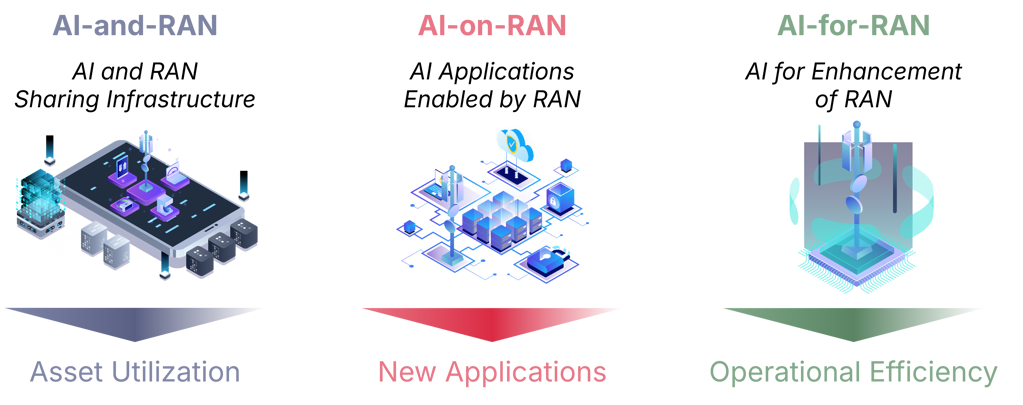
The AI RAN (Artificial Intelligence Radio Access Network) initiative is an ambitious endeavor with the potential to transform how wireless communication networks operate significantly. By integrating advanced AI technologies, this initiative aims to enhance the efficiency, performance, and adaptability of Radio Access Networks (RAN), crucial components of cellular networks. The AI RAN initiative seeks to optimize network resource management, improve signal quality, and reduce latency by leveraging machine learning algorithms, predictive analytics, and other AI-driven techniques. The result will be more intelligent and responsive networks that dynamically adapt to changing conditions and user demands, promising a future of enhanced wireless communication.
The AI RAN Alliance, a growing coalition of industry leaders, academic institutions, and research organizations, drives this initiative. This alliance is a testament to the strength of collaboration, bringing together a diverse group of stakeholders, including telecom operators, hardware manufacturers, AI specialists, and software developers. Together, they are working to develop and standardize AI-driven solutions for RAN, fostering innovation through collaborative research, establishing common frameworks and standards, and accelerating the deployment of AI technologies in real-world network environments. This group is focused on bringing AI with RAN in three distict areas:

AI and RAN to utilize RAN edge compute efficiently. This involves initiatives such as placing GPU/CPUs with or adjacent to RAN nodes to bring real-time AI, reduced network traffic, and energy efficient hardware to leverage downtimes in RAN resource requirements.
AI on RAN to leverage the extensive data from the RAN to enable new applications. Expand on capabilities such as geolocation, peer-to-peer, user detection, and additional RAN data driven applications in adjacent or non-network verticals for increased monetization capabilities.
AI for RAN for operational efficiencies such as energy, customer experience, and dynamic optimization. Leveraging data in and out of the network to improve the RAN network for operators and consumers in experience and operational sustainability.
The timeline of the AI RAN initiative is a testament to its significance. In the early stages, the focus will be on research and development, with pilot projects and proof-of-concept demonstrations showcasing the potential of AI in RAN management. As the technology matures, attention will shift to standardization efforts and creating industry-wide benchmarks to ensure compatibility and seamless integration. Several telecom operators have already begun integrating initial AI-driven solutions into their existing RAN infrastructure. In the long term, the AI RAN initiative aims to achieve full-scale adoption, with AI becoming an integral part of next-generation wireless networks, contributing to the advancement of 5G and laying the groundwork for future 6G technologies. The future of wireless communication is bright and exciting, thanks to the progress of the AI RAN initiative.